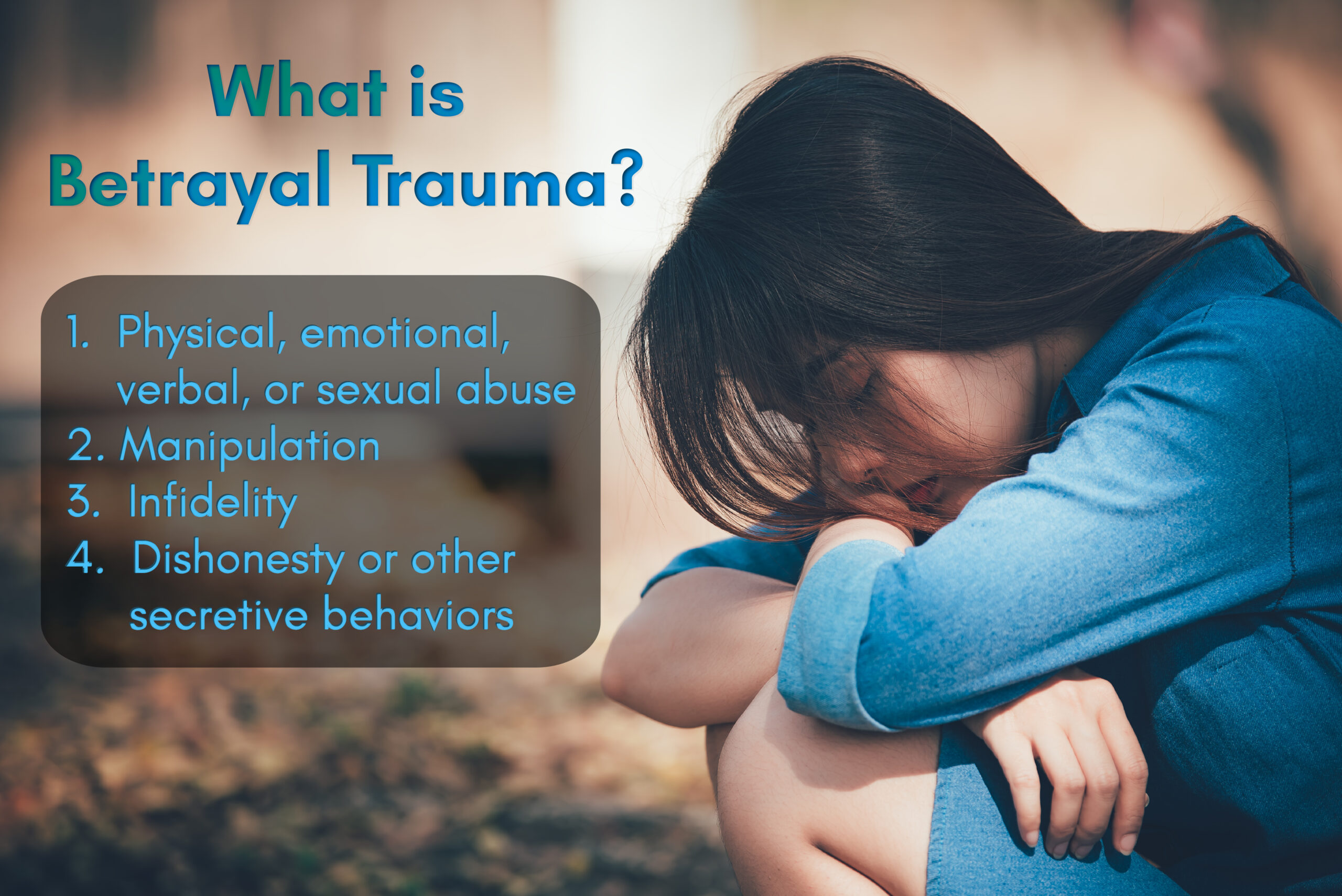
Understanding Betrayal Trauma: Healing and Recovery
Betrayal trauma is a profound emotional wound that occurs when someone we deeply trust violates that trust. This type of trauma can have lasting effects on our mental and emotional well-being, often requiring significant time and effort to heal. In this blog, we’ll explore betrayal trauma, its causes, symptoms, and steps toward recovery.
What is Betrayal Trauma?
Betrayal trauma occurs when someone we rely on for support, protection, or care betrays us. This can happen in various relationships with parents, co-workers, romantic partners, or close friends. The concept was first introduced by psychologist Jennifer Freyd in 1991, who highlighted how betrayal within key social relationships can lead to lasting trauma
Causes of Betrayal Trauma
Betrayal trauma can stem from various situations, such as:
- Deception: Being lied to or manipulated by someone you trust.
- Infidelity: Discovering a partner’s unfaithfulness can shatter trust and security.
- Abuse: Physical, emotional, or sexual abuse by a caregiver or partner.
- Neglect: Failing to provide necessary care and support, especially in childhood.
Symptoms of Betrayal Trauma
The symptoms of betrayal trauma can vary but often include:
- Emotional Distress: Feelings of anger, sadness, and confusion.
- Trust Issues: Difficulty trusting others, even those who haven’t betrayed you.
- Anxiety and Depression: Increased levels of anxiety and depressive symptoms.
- Flashbacks and Intrusive Thoughts: Reliving the betrayal through memories or nightmares.
- Physical Symptoms: Headaches, stomach issues, and other stress-related ailments
Impact on Relationships
Betrayal trauma can significantly impact current and future relationships. It can lead to:
- Attachment Issues: Difficulty forming secure attachments with others.
- Fear of Intimacy: Avoiding close relationships to prevent potential betrayal.
- Self-Esteem Issues: Feeling unworthy or undeserving of love and care
Steps Towards Healing
Healing from betrayal trauma is a journey that requires time, patience, and support. Here are some steps to consider:
- Acknowledge the Trauma: Recognize and validate your feelings of betrayal.
- Seek Professional Help: Therapy can provide a safe space to process your emotions and develop coping strategies.
- Build a Support System: Surround yourself with supportive friends and family who can offer comfort and understanding.
- Practice Self-Care: Engage in activities that promote physical and emotional well-being, such as exercise, prayer, and hobbies.
- Set Boundaries: Establish clear boundaries to protect yourself from further harm.
- Forgiveness: This is a large part of the healing process.
trauma is a deeply painful experience, but with the right support and resources, healing is possible. By understanding the nature of betrayal trauma and taking proactive steps toward recovery, individuals can rebuild their lives and move forward with resilience and hope.
Take heart! God says this in Proverbs 6:16–19 – There are six things the Lord hates, seven that are detestable to him: haughty eyes, a lying tongue, hands that shed innocent blood, a heart that devises wicked schemes, feet that are quick to rush into evil, a false witness who pours out lies and a person who stirs up conflict in the community. God hates evil and injustice. He is for you, not against you. God is close to the brokenhearted and wants you to know that He loves you.
you or someone you know is struggling with betrayal trauma, remember that help is available. Reach out to a mental health professional to start your journey towards healing today.
Written By: Julie Shrader

